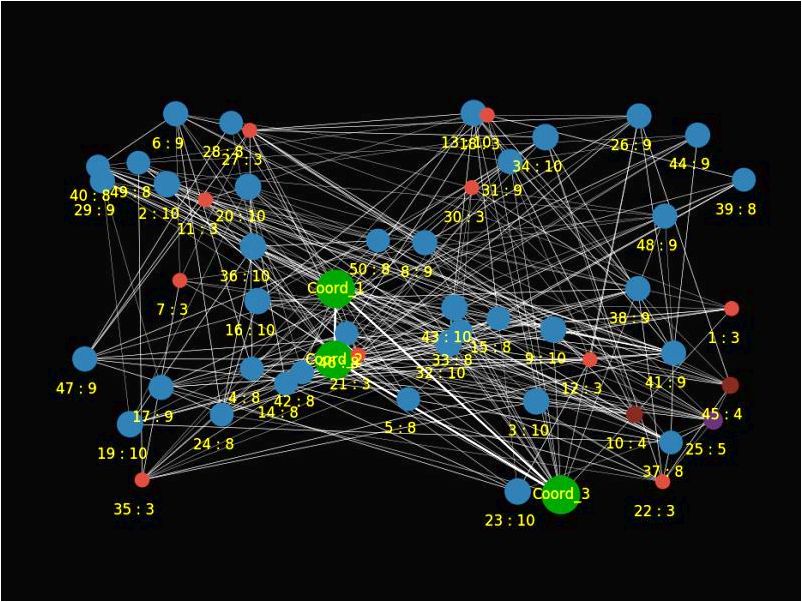Sulfikar Amir, Nanyang Technological College Fredy Tantri, Nanyang Technological College Justyna Katarzyna Tasic, Nanyang Technological College

Resilience is really a sociotechnical construct. It comes from multi-faceted processes. It develops and undevelops. This is actually the fundamental premise of the presentation. Informed through the STS sociotehnical framework, this presentation exhibits the making of resilience via a hybrid entity whereby social, business, and institutional the weather is combined with condition of technical and material durability. The presentation aims to test out sociotechnical resilience, considering not just how each element plays a role in the capability to help with extreme occasions, but the ways that the social and also the technical are seamlessly integrated and mutually reinforced. Thus, this presentation draws on Amir and Kant’s (2018) portrayal of sociotechnical resilience in three terms, namely sociomaterial structures, informational relations, and anticipatory practices. Sociomaterial structures would be the co-metabolic rate of social and material entities in everyday activity that embody a sociotechnical system. Informational relations make reference to the development, circulation, and usage of information for a number of individuals, communities and groups, and institutions. Finally, anticipatory practices are some everyday activity and routines targeted at anticipating options of uncertain situations. These 3 facets of sociotechnical resilience are converted into a real estate agent-based model built upon the actor-network approach. The model is made to simulate sociotechnical behavior once the system encounters shock and disturbance. This experimental modeling is empirically structured round the public transit system in Singapore. Located in the actual-world setting of urban infrastructure within the city-condition of Singapore, the model aims to capture resilient responses from the critical infrastructure during disruptions. Experimenting sociotechnical resilience constitutes the STS foray in to the discourse of resilience, and as a result, contributes a brand new practice towards the STS scholarship.
Resourse:http://4sonline.org/md18/publish/experimenting-sociotechnical-resilience